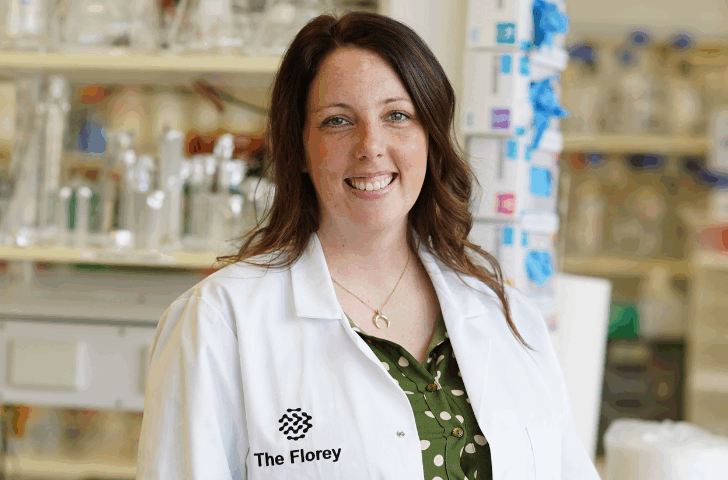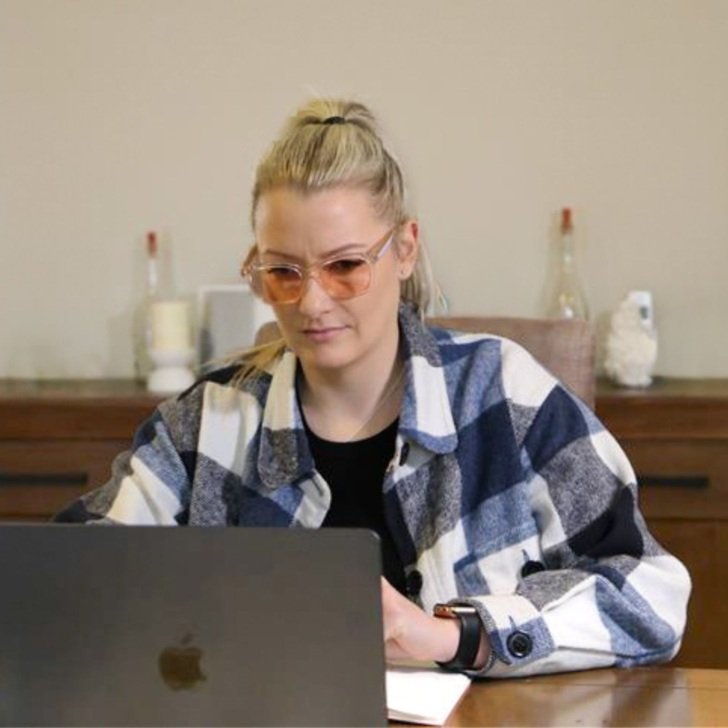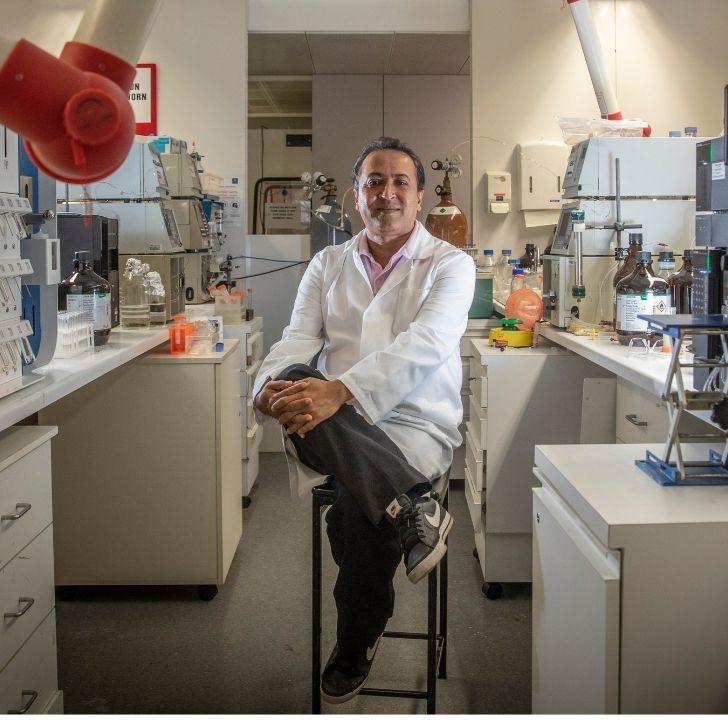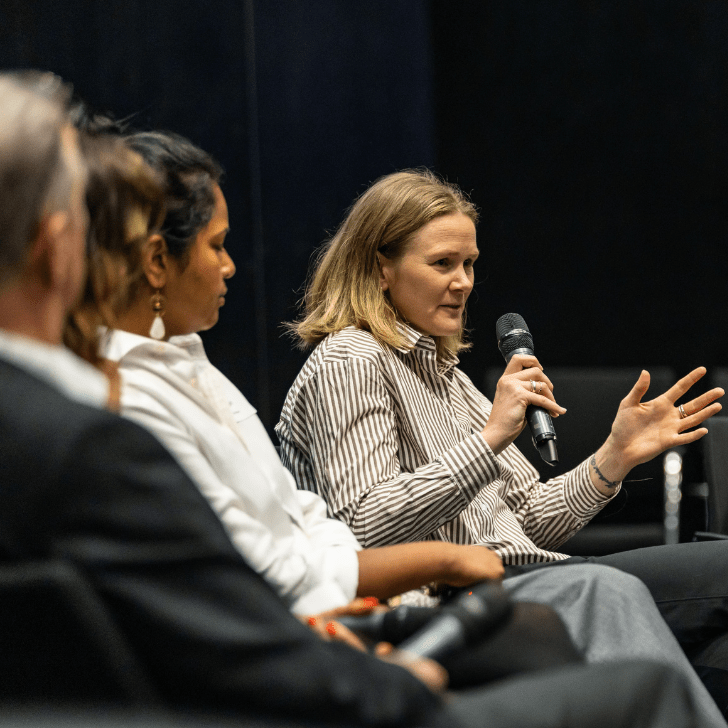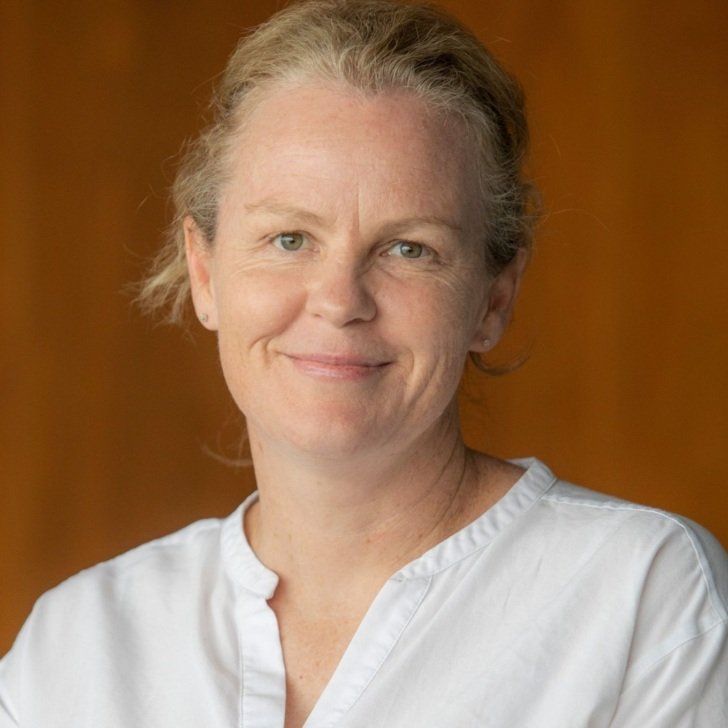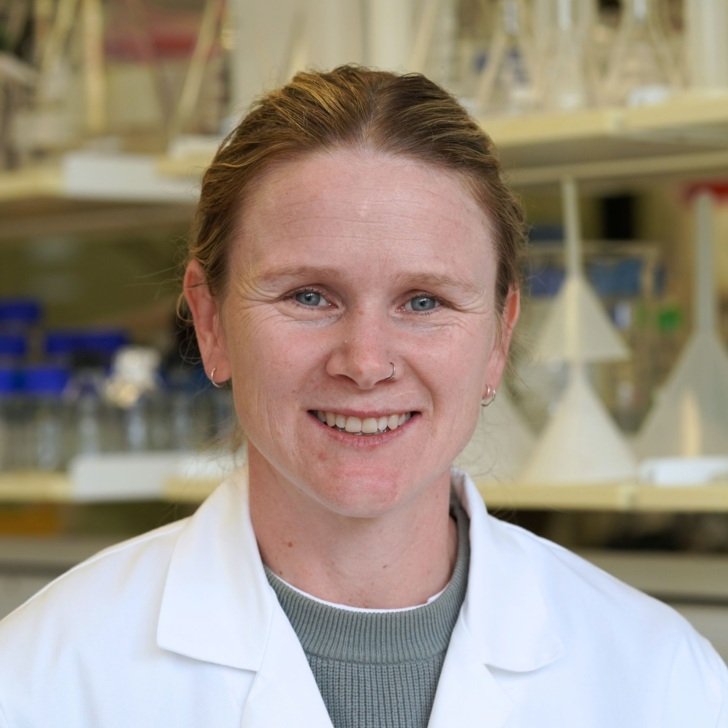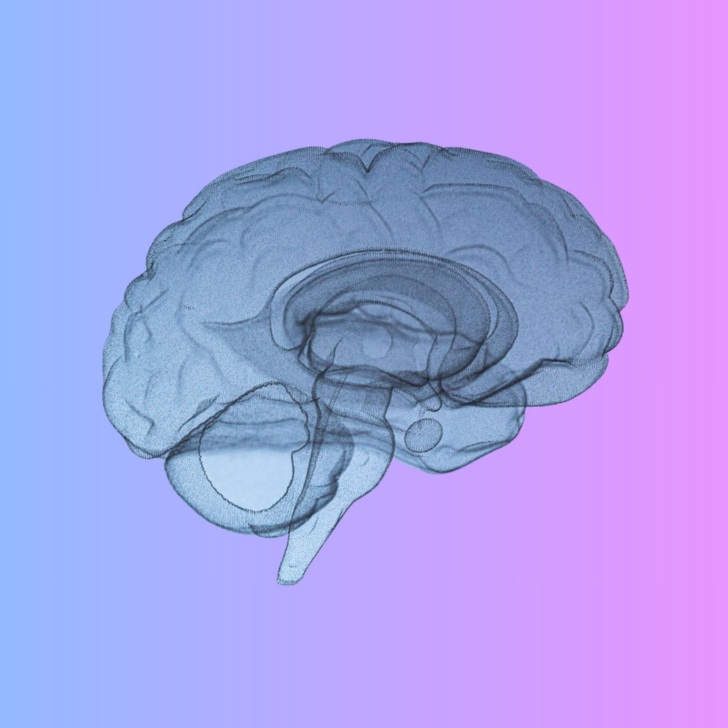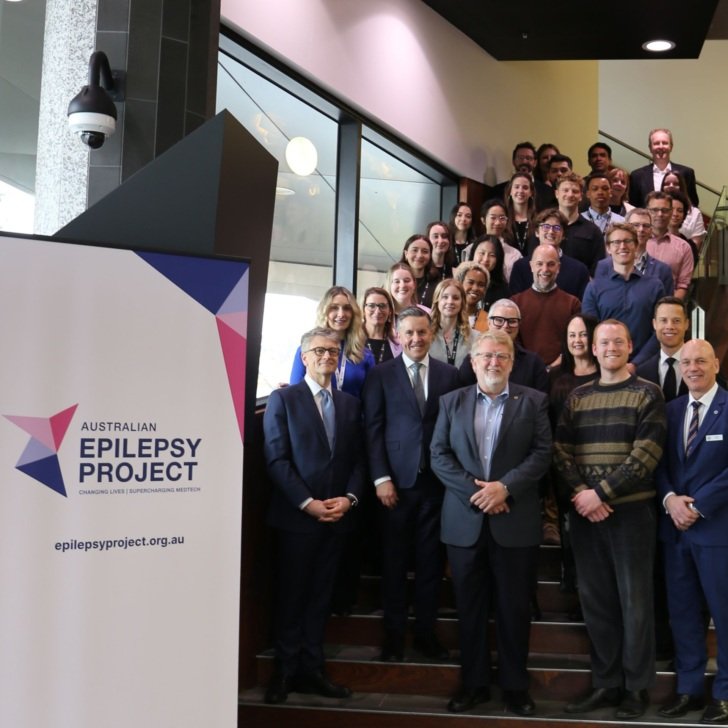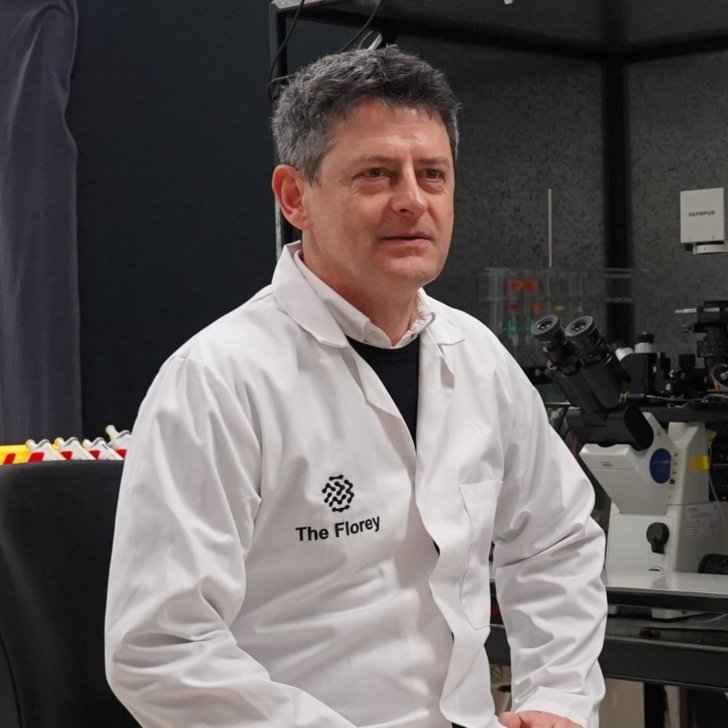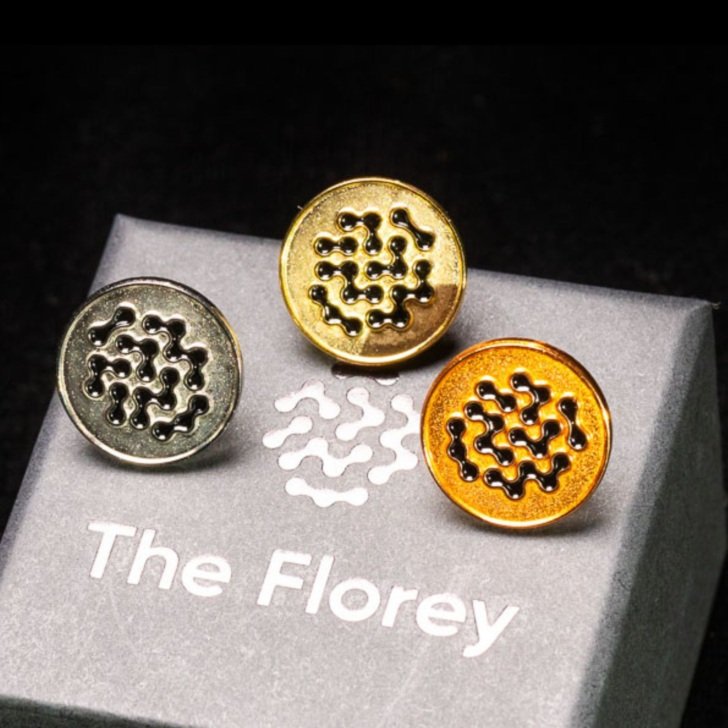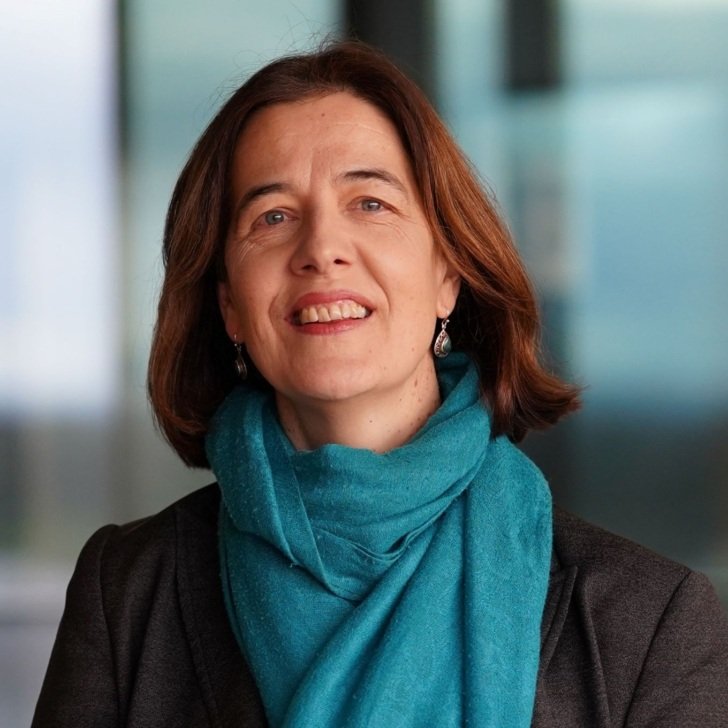Florey researcher Dr Pratishtha Chatterjee is working to improve diagnosis and treatment of a progressive form of dementia.
Dr Chatterjee has today received a Mid-Career Researcher Fellowship from Dementia Australia. She has also been named as recipient of the coveted Dementia Advocates’ Award, which recognises the project most likely to be of interest to, or yield important outcomes for, people living with dementia, their families, friends and carers.
Dr Chatterjee’s grant allows her to focus on improving diagnosis and treatment of dementia with Lewy bodies (DLB).
Dementia comes in several forms. People with DLB may experience delirium, visual hallucinations, paranoia, disorganised thought and speech, sleep difficulties, and impaired movement.
“DLB is challenging to diagnose, particularly in its early stage. In DLB, Parkinson’s disease and some cases of Alzheimer’s, Lewy bodies – abnormal clumps of the protein alpha-synuclein – in the brain cells disrupt message transmission,” Dr Chatterjee said.
“At present, Lewy bodies are only detectable using fluid obtained through an invasive spinal tap. My project aims to develop a less invasive way to identify alpha-synuclein clumps through a process called blood proteomics.”

Dr Chatterjee will test samples of spinal fluid that have already been taken from DLB patients and are available through globally significant biobanks and databanks.
“I’m incredibly grateful to Dementia Australia for awarding me this mid-career grant from the Royce Simmons Foundation to support my work to identify unique blood patterns in these samples, so that patients no longer have to have a spinal tap.”
She also aims to identify compounds that will prevent or reduce formation of the protein clumps.
“I will be screening existing drugs, that already have regulatory approval to treat other diseases, as an initial step towards developing a therapeutic strategy to halt further alpha-synuclein clumping.
“I’m incredibly honoured to receive the Dementia Advocates’ Award. My ultimate goal is for people affected with DLB and Alzheimer’s to get an accurate and timely diagnosis for precision medicine.”
The Dementia Advocates’ Award is decided upon by a panel of dementia advocates from across Australia, all with a lived experience of the condition.
